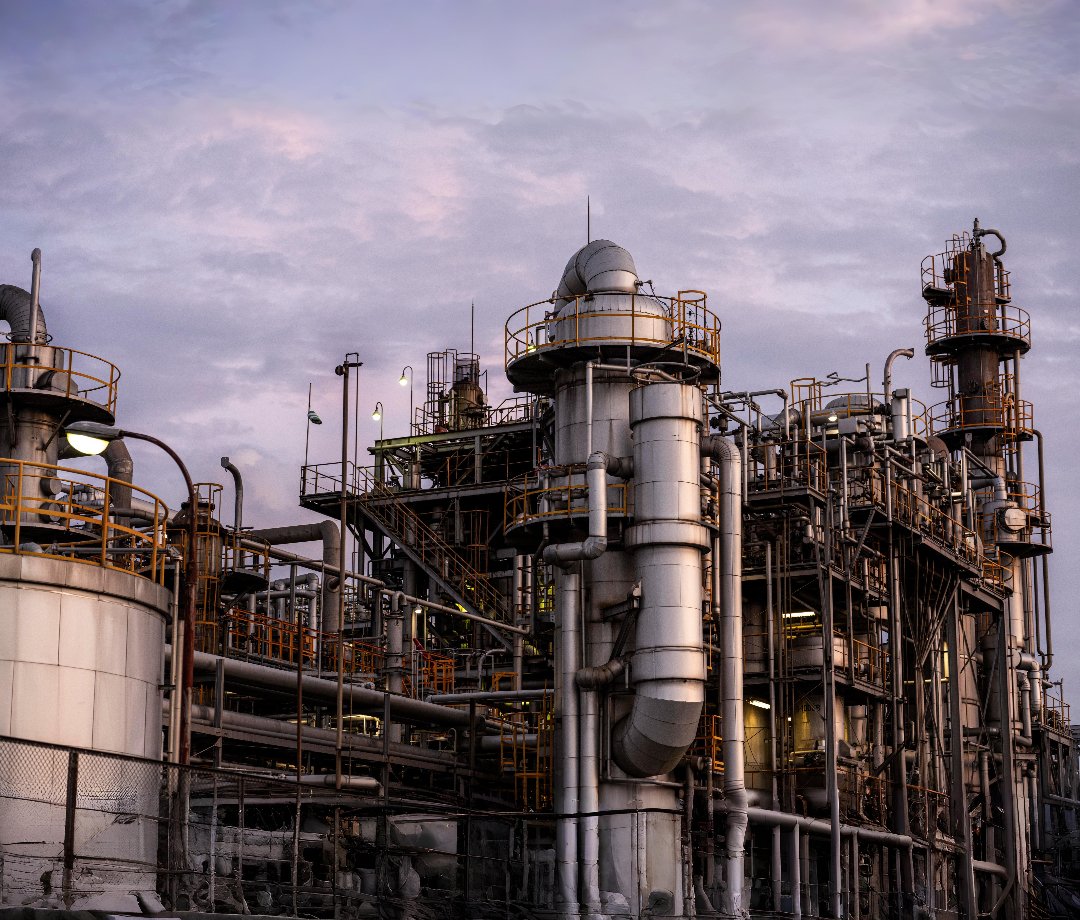Home
>
Products
>
Oil and Gas

The oil and gas industry operates in one of the most challenging environments, where safety, precision, and reliability are critical. Whether it's upstream exploration, midstream transportation, or downstream refining and petrochemical processing, factory automation plays a pivotal role in enhancing efficiency, reducing risk, and ensuring regulatory compliance. From drilling platforms and compressor stations to refineries and pipeline networks, automation systems enable real-time control, remote monitoring, and fail-safe operations in this high-risk industry. Key automation components in oil and gas include PLCs (Programmable Logic Controllers), DCS (Distributed Control Systems), SCADA systems, VFDs (Variable Frequency Drives), analog input modules like PT100 converters, pressure and temperature transmitters, gas detectors, and safety relays. These are essential for process control, condition monitoring, and emergency shutdown systems. Leading brands such as Allen Bradley, Siemens, Schneider Electric, ABB, Yokogawa, Emerson, and Honeywell are widely used across the sector due to their robust and certified solutions. Automation in oil and gas enables seamless control over critical processes like pumping, distillation, gas compression, flare management, and tank gauging. VFDs and servo drives regulate motor speed in drilling and pipeline operations, improving energy efficiency and equipment life. SCADA systems allow centralized control over geographically distributed assets like offshore rigs, onshore pipelines, and storage terminals, making remote decision-making accurate and fast. Hazardous area compliance is a major focus. Automation devices used in the oil and gas sector must meet ATEX, IECEx, and UL Class I Div 1 certifications. Sensors and controllers are often placed in explosion-proof enclosures and integrated with safety instrumented systems (SIS) to manage shutdowns, gas leaks, or pressure spikes. Automation also enables predictive maintenance by integrating IIoT sensors, vibration monitors, and thermal imaging systems. This helps in identifying issues before failure, minimizing unplanned downtime, and extending asset life. In addition, real-time data collected through automation platforms supports analytics, production optimization, and sustainability initiatives. By adopting scalable, rugged, and smart factory automation solutions, oil and gas companies can increase operational efficiency, enhance worker safety, and meet evolving industry standards. In an industry where even a small error can result in massive loss, automation is not just an upgrade—it’s an operational backbone.